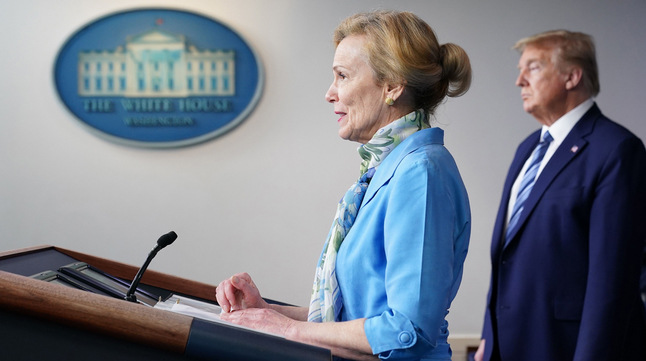
U.S. Government and Lawyers Gear Up for Surge in Sanctions and Export Control Enforcement
Preparations are underway in the United States as government officials and private lawyers gear up for an anticipated increase in sanctions and export control enforcement. The Biden administration relies on economic tools to confront global adversaries such as Russia and China. As part of these efforts, U.S. agencies are expanding their enforcement teams to ensure compliance with sanctions throughout the private sector, extending beyond traditional areas like financial services and defense.
According to John Carlin, a former high-ranking official at the U.S. Justice Department and current partner at law firm Paul, Weiss, Rifkind, Wharton & Garrison, this is an unprecedented time for companies as they find themselves at the forefront of national security issues like never before.
Justice Department Outlines Plans to Bolster National Security Division and Increase Funding for Prosecuting Banking Industry Sanctions Cases
The Justice Department has outlined its plans to bolster its National Security Division by adding approximately 25 prosecutors dedicated to tackling sanctions and violations of U.S. export controls. The department hires a chief counsel to handle complex national security cases involving corporations. Furthermore, funding for a unit responsible for prosecuting cases related to banking industry sanctions is increasing.
Miller emphasized that this phenomenon is now widely observed across various industries engaged in cross-border economic activities.
Sanctions and Export Control Violations Implicate U.S. National Security in Two-Thirds of Illegal Settlements Made by Justice Department
During a conference on corporate compliance in New Jersey, Marshall Miller revealed that approximately two-thirds of the illegal settlements made by the Justice Department since last October had implicated U.S. national security. However, specific details should have been provided by the department.
Recently, U.S. foreign policy has increasingly embraced sanctions and export controls. These measures have included imposing comprehensive restrictions on Russia in response to its invasion of Ukraine and tightening the export of sensitive technology to China due to escalating tensions with Beijing.
Brandon Van Grack, the co-chair of the national security practice at law firm Morrison & Foerster and a former Justice Department official, noted that the government's toolkit has gradually expanded, leading to a growing willingness to utilize it.
Attorneys specializing in national security and international trade have observed a more assertive approach from the U.S. Commerce and Treasury Departments, which oversee civil enforcement of export and sanctions violations.
True Impact of Intensified Enforcement Efforts on Sanctions and Export Control to Become More Apparent in Coming Months or Years
According to a report by Morrison & Foerster, the Treasury Department's Office of Foreign Assets Control imposed penalties totaling around $43 million in 2022, more than double the amount from the previous year, despite initiating fewer enforcement actions.
Over the past year, the Commerce Department has increased its enforcement staff focused on export controls by more than 50 individuals. Furthermore, the department has recently imposed stricter penalties for companies that do not disclose significant export control violations.
The updated policy by the agency also incentivizes companies to report their competitors, promising more lenient treatment if they come under scrutiny.
In February, the Justice and Commerce Departments launched a collaborative initiative to target unlawful exports of U.S. technologies that could enhance the military capabilities of adversaries or contribute to human rights abuses.
Legal professionals in both the public and private sectors have emphasized that the true impact of intensified enforcement efforts will become more apparent in the coming months or years. Complex white-collar cases, particularly those involving overseas conduct, often require extensive building time.
Lawyers from various fields agree that companies across all industries should already be attentive to these developments, as no sector is exempt from potential interest and scrutiny by the U.S. government. Melissa Mannino, the leader of the international trade and national security practice at BakerHostetler, stressed this point.


